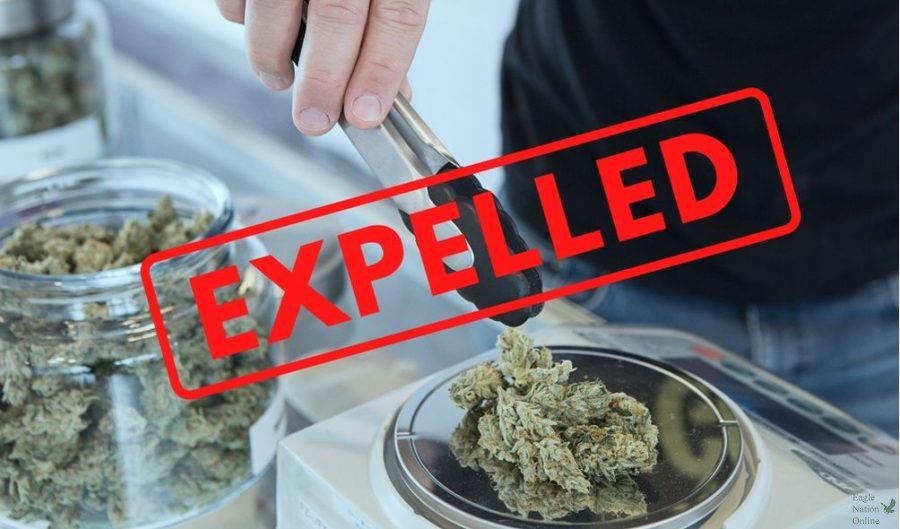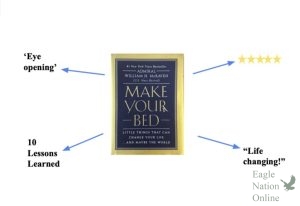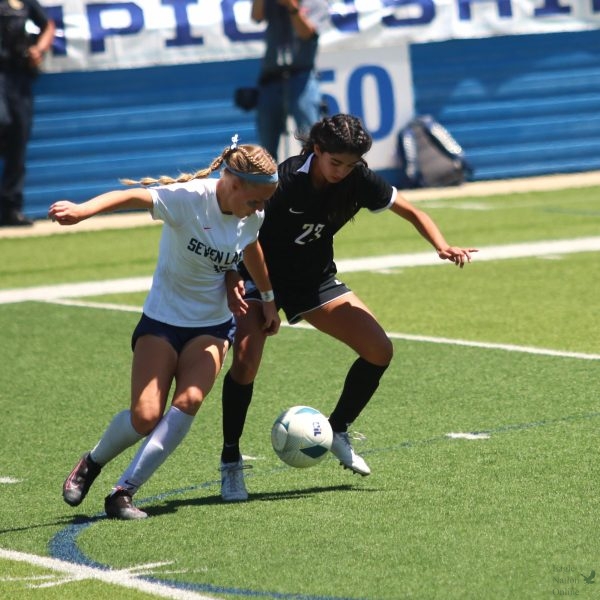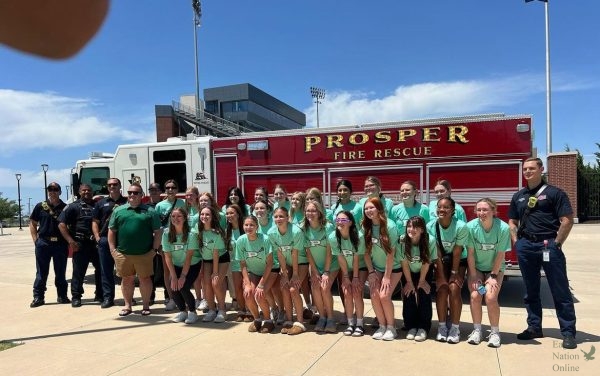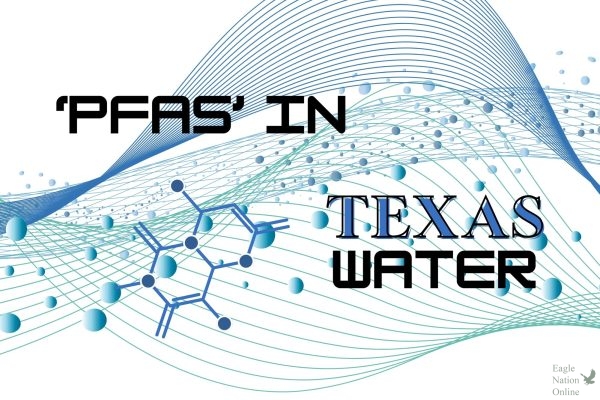Cannabis charges pose risks to students’ futures
A digitally constructed image shows cannabis. Students are susceptible of expulsion if caught with cannabis on school property. The attached article explains the consequences students may face. (Graphic by Miller, photo from Unsplash.com)
February 7, 2022
Author’s Note: This article was updated Tuesday, Feb. 8 to add the timeline.
School officials have expressed concerns about consequences that students could endure because of THC felony charges.
With THC production on the rise, and Texas being next door to Oklahoma – a state where cannabis is legal – comes an increase in teen accessibility to cannabis-related products. Students who partake in cannabis, also known as marijuana, risk expulsion from their home school, which could land them in DAEP, the district’s alternative placement program.
“What I can do is just a hypothetical, since they’re all (student cases) pretty much the same,” said Sergeant Chris Reeves of the Prosper ISD Police Department. “Either it will come from a Tip 411, or, more times than not, a coach, teacher, an administrator will walk into a bathroom, seeing suspicious activity. On the school side, they’ll escort that person or that group up to the office, they separate them and sit with the administrator. They do what’s called an “administrative search,” and we’re (police department) not even a part of that. We come into the room when that usually THC vape is produced – that’s kind of where we take over.”
According to the district code of conduct, the administration is allowed to search, with reasonable suspicion, the belongings of students, including vehicles in the school parking lot and district property (desks, lockers, etc.). Along with this, random searches are lawful, which include K-9 detection and drug testing. The Board Policy Manual covers these details and other students’ rights topics.
In October of 2021, there was a gray area regarding Texas State Delta-8 laws, leading to a brief ban on the THC product. THC is used to ease stress, anxiety and insomnia. Delta-8 is under the legal limit of 0.3% THC, and is derived from hemp, which is within the cannabis category, alongside Delta-9 (Cannabis).
Although there was a brief period of the ban, Delta-8 is technically considered legal in the state of Texas – temporarily, with a chance of laws changing.
Upon a drug-related arrest, Delta-8, found in possession, is indistinguishable from Delta-9, only proven out with documentation from purchase or laboratory results.
“It’s very tricky with testing,” Reeves said. “We use a private lab, like a lot of other agencies use, and so we have a couple of choices – either we can place them under arrest right then. It’s a third-degree felony. It’s possession of a controlled substance. In group two, a 100 grams drug-free zone, and transport them to a juvenile facility if they’re under 17, or adult jail if they’re older than 16. Then, we’ll send that off to the lab. It’s like a two-to-three-week turnaround.”
If the seized substance is proven to be Delta-8, under current state law, it can only be purchased by adults 21 and older. Those under 18 may use Delta-8 for medical purposes, with the consent of a guardian and physician-approved.
“When we get the results (from the lab) back negative, or it’s the legal amount, then we usually change it to the amount of tobacco, Class C misdemeanor. Or, if it’s positive for THC, Delta-9, then we can go make that arrest,” Reeves said. “That’s like the lowest level, so like a ticket – or, even from the position of drug paraphernalia, like a weed pipe. We file all that with the Justices of the Peace for Frisco. We call the parents. We file it, and usually the judge hands down a fine. The school disciplines, that from what I’ve seen – it’s ISS (in-school suspension.)”
Aside from the exceptions, students in possession of Delta-8 will be charged with a misdemeanor, as the THC product is under the legal limit of 0.3%.
However, it’s not necessarily the misdemeanors that pose major problems to Texas school systems, but rather the felonies from THC-9, also known as “Delta-9”.
“I haven’t seen personally a student with leafy green marijuana in maybe two years now,” assistant principal John Boehringer said. “By in large what we’re seeing now are students with a kind of combination of THC oil, other THC derivatives or what is commonly known as dabs, which are home processed THC oil in a wax form, which is ingested through a vape pen of some kind.”
Students have brought THC products to school over the legal limit and faced consequences. Legally, they served their punishment, but upon the Texas Education Code, they must also face educational consequences, as well.
“You’re first going to be expelled from Prosper ISD,” Boehringer said. “Which means your only public school option until your period of expulsion is over is to go to Juvenile Justice Alternative Education Program (JJAEP) – which here we work with McKinney ISD. They have their own JJAEP. This is a restrictive day school program. It’s not like lockup. That’s a different deal for kids that are actually in jail. “
According to the administration, some students were affected by the mandated expulsion during the period of time Delta-8 was considered a controlled substance.
“Then, once you get expelled from PISD, you’re going to come back and spend a significant amount at our district alternative education placement program,” Boehringer said. “Our DAEP campus is over at the central office. Now, I would much rather our students stay within the district, where we can take care of them, but the nature of the charge goes to the Texas Education Code, and the state law requires that a felony drug charge on campus results in expulsion, and I can’t change that.”
While the Texas Education Code requires the expulsion of students charged with felonies, Boehringer said the district wants to prevent this happening to any of its students.
“Our district’s philosophy, when we have to expel students for nonviolent offenses, is that we expel for the minimum amount of time that we can,” Boehringer said. “When I say expel, I’m talking about JJAEP. There is a 30-day minimum. We can’t send them to JJAEP for any less than that. Then, they come here to DAEP, depending on the circumstance, for an average of 60 days. That’s 90 days. That’s approximately a semester that you’re gone from your home campus.”
Administrators examine each case uniquely to decide the amount of expulsion, all based on the severity of the circumstance. The Texas Education Code has a maximum of one-year expulsion, with exceptions – unsuccessful, severity and harm to others.
“That’s successful days if you go to JJAEP,” Boehringer said. “If you are not successful, you don’t follow the rules, then they add on, the same thing at our DAEP. Now, on the other hand, you can actually come back early if there’s a natural breakpoint. If you succeeded in your academics, and you’re following the program. Let’s say if a student has time after spring break, we might review their situation because it’s easier for their academic transition and social transition.”
Although rarer, as for outside of school – more than 300 feet away from campus, consequences are different.
“If it is an outside of school thing, most of the time I don’t have jurisdiction over that,” Boehringer said. “However, there are a few exceptions. One of those is anytime a student is involved in a felony, and, in those cases, we can expel, and we can send students to DAEP. By law, when a minor is arrested, the arresting jurisdiction is required to notify the minor’s school. Our superintendent gets that notice, and it eventually filters down to us.”
Consequences vary depending on the nature of crime – violence and other types of drugs.
”What is the purpose of alternative placement?” Boehringer said. “It’s because that student has done an act which is deemed unsafe to other students. That’s why we remove students. It’s a punishment, but part of that is removal to keep everybody else safe.”
The requirement of DAEP has been in practice since the Texas Safe Schools Act of 1995.
“Our students are going to do drugs,” Boehringer said. “We’re going to make it difficult for them here at school, as best as we can, but I don’t want them to run afoul of the law in a way that has impacts that reach substantially beyond the walls at our school.”
Boehringer and the rest of the administration expressed the state classification of THC products as controlled substances poses an effect on students’ futures – especially if caught in the drug-free zones of schools.
“I want them to be safe,” Boehringer said. “I want them to get educated and want them to have the most opportunities when they leave us.”
The reporter attempted to get student input, but due to confidentiality, student quotes were not included.


